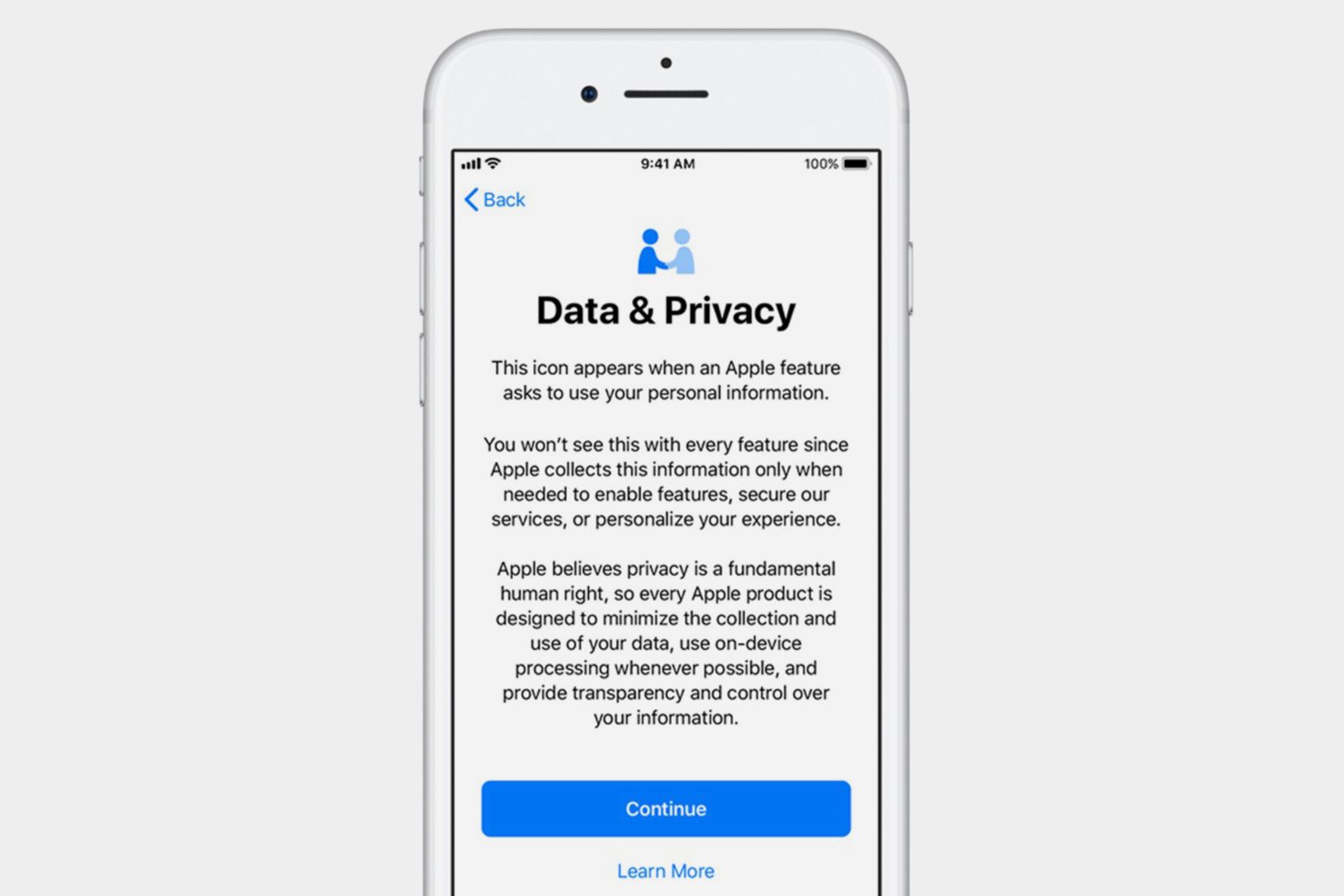Your data might as well be gold.
It's becoming clearer than ever that your name, email address, phone number, passwords, interests, and other types of data - or metadata - is desirable to not only hackers but also companies. Every day, there is some new breach, where a hacker accessed an app to harvest user data. And if it's not a hacker, it's a company, like Cambridge Analytica, that's trying to get ahold of millions of people's data.
Why? These third parties can run your data through algorithms to churn out averages about who you are and what you're most likely to do next. This information is useful to advertisers, who want you to click on their ads and buy goods, and, in the case of Cambridge Analytica, it's useful to dark entities that want to sway your political opinion and even influence your behaviour. But Apple doesn't like this trend.
Or, at least, it wants you to think that.
- Apple iOS 11.3 is here: Huge update adds Battery Health and Privacy icon
- Cambridge Analytica scandal: Zuckerberg promises three changes to Facebook
Apple's data and privacy features
New privacy icon and details on iOS and MacOS devices
The Cupertino-based company has revealed it's launching a major privacy initiative, via software updates across all its devices.
In a nut shell: it's introducing new data privacy information, immediately. First, it's rolling out updates (macOS 10.13.4, iOS11.3, and tvOS 11.3), prompted by the European data protection regulation, GDPR. The updates should make it easier for you to understand how your personal data may be used. A new privacy icon and detailed privacy information will appear when Apple asks for access to personal data.
Apple will sometimes ask for your data to enable features, secure services, or personalise experiences. So, its new data privacy icon will show up with detailed information about how it uses your personal data for different services. Apple is essentially capitalising on the Cambridge Analytica scandal, in which Facebook allowed an app to collect data on millions of Facebook users without their explicit consent.
“Apple believes privacy is a fundamental human right,” the company will now tell every user when they turn on their devices after the iOS 11.3 update, which began rolling out to iPhones and iPads on 29 March. “So every Apple product is designed to minimise the collection and use of your data, use on-device processing whenever possible, and provide transparency and control over your information”.
Apple's privacy awareness webpages
Apple also has a new privacy webpage, where it lays out exactly how it handles your data. If you visit it now, you can see statements like, "At Apple, we believe privacy is a fundamental human right", as well as, "So much of your personal information - information you have a right to keep private - lives on your Apple devices" and "every Apple product is designed from the ground up to protect that information."
You can also go to another Apple webpage for more information about how to manage your data on various Apple devices. You'll see instructions on how to secure your iCloud data and other personal information on iOS and Mac devices, as well as how to be aware of what you're sharing.
Manage your data via new Apple ID privacy tools
Starting in May 2018, shortly before GDPR takes effect, Apple will release four new privacy tools in select EU countries (and later worldwide). Through a new Apple ID site, Apple will make it easier for you to: get a copy of your data, request a correction to your data, deactivate your accounts, and delete your accounts. The site will essentially let you download all information stored across Apple's products.
At the moment, there is no way for you to download your data or delete your accounts without directly contacting Apple. We'll update this piece with more details when the tools/site go live this spring.

